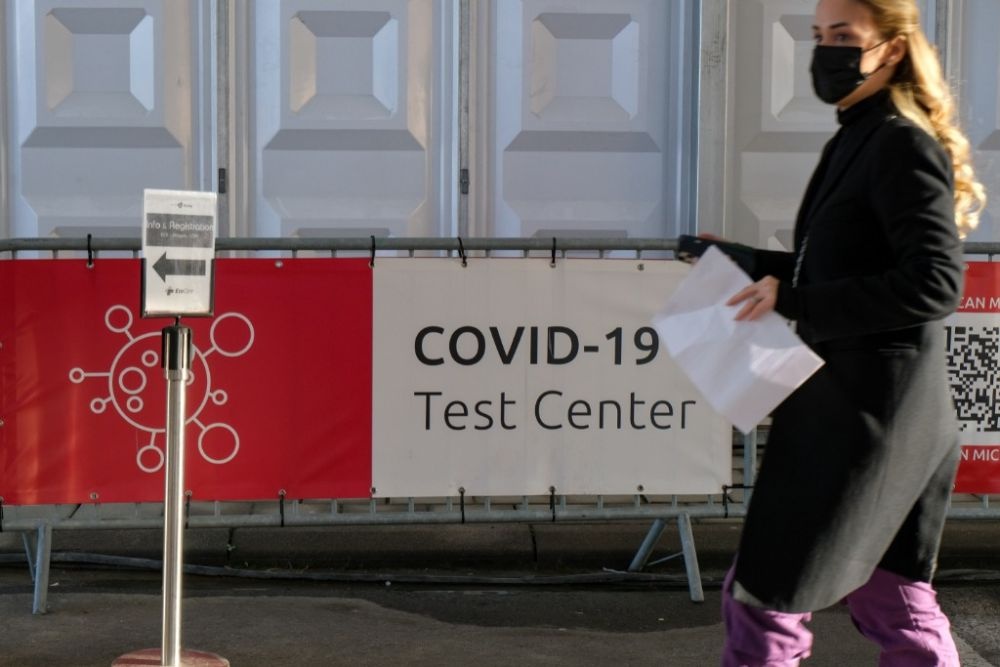The old man suffered from Parkinson's illness, and the doctor implanted her "pacemaker" for her to get a new student
Author:Wuhan Evening News Time:2022.06.26
Wuhan Evening News, June 26 (Correspondent Liu Shanshan) Grandma Sixties was troubled by Parkinson's illness for more than ten years, and gradually got into trouble. Self -reliance. Recently, neurosurgery experts in Wuhan Central Hospital installed a "pacemaker" for her, and soon the elderly were expected to return to normal life.
Grandma Wu from Xiaogan is 62 years old and has been suffering from Parkinson's disease for 13 years. At first, the symptoms were mild, the drug treatment effect was obvious, and he could maintain normal life. But over time, her symptoms continue to increase, and the efficacy has gradually declined. From 6 years ago, every time Grandma Wu took the medicine after taking the medicine, the symptoms of dancing and dancing danced were dancing without controlling it, but when the medicine was not used, it was like being performed. I couldn't move, life could not take care of herself, and her family rushed to Wuhan Central Hospital for treatment with her.
After admission, Parkinson's disease MDT team composed of multiple disciplines such as neurology, neurosurgery, anesthesia department and other disciplines has fully diagnosed and discussed to comprehensively evaluate the patient's condition. When the drug has not controlled it, it effectively relieves symptoms.

Neurosurgery experts checked postoperative recovery for patients. Correspondent Liu Shanshan Photo
Determine the target neural nuclear group- "target" through nuclear magnetic resonance and CT fusion. During the operation, it was confirmed by electrical physiological monitoring and wake -up anesthesia technology test during surgery. Anesthesia was reduced during surgery. Patients could make "handshake" action based on the doctor instructions. The main knife doctor will accurately place the "target" stimulating the electrode. After the operation, the symptoms of the alienation of Grandma Wu's hand dancing were significantly improved compared to before.
Wang Yan, deputy chief physician of neurosurgery, introduced that deep brain electrical stimulation surgery (DBS) is commonly known as a pacemaker. When the nerve stimulator releases the signal, the intracranial electrode will appropriately stimulate the neurotrait group to change the neuromatical activity and achieve treatment to improve the patient's nerves. Symptoms. The brain pacemaker was turned on one month after surgery. The patient's symptoms can be better controlled and are expected to return to normal life.
According to Wu Peiyan, chief physician of the neurology department of the hospital, at present, drug treatment is still the first choice method for Parkinson's early disease, but after the "honeymoon" period when the drug effect is better, it is generally about 5 years. Simple drug treatment can no longer control the condition, and patients will have symptoms such as heterogeneity, switching phenomenon. At this time, after fully evaluating the professional Parkinson MDT team, it can be considered to perform deep brain electrical stimulation surgery (DBS) to relieve the patient's symptoms and improve the quality of life of patients.
[Edit: Yu Lina]
- END -
The National Health and Health Commission carried out psychological care actions for the elderly

Xinhua News Agency, Beijing, June 20th. On the 20th, reporters learned from the Na...
Studies: New crown -positive people with higher risk of neurotic diseases

Xinhua News Agency, Beijing, June 26th. Danish researchers released research resul...